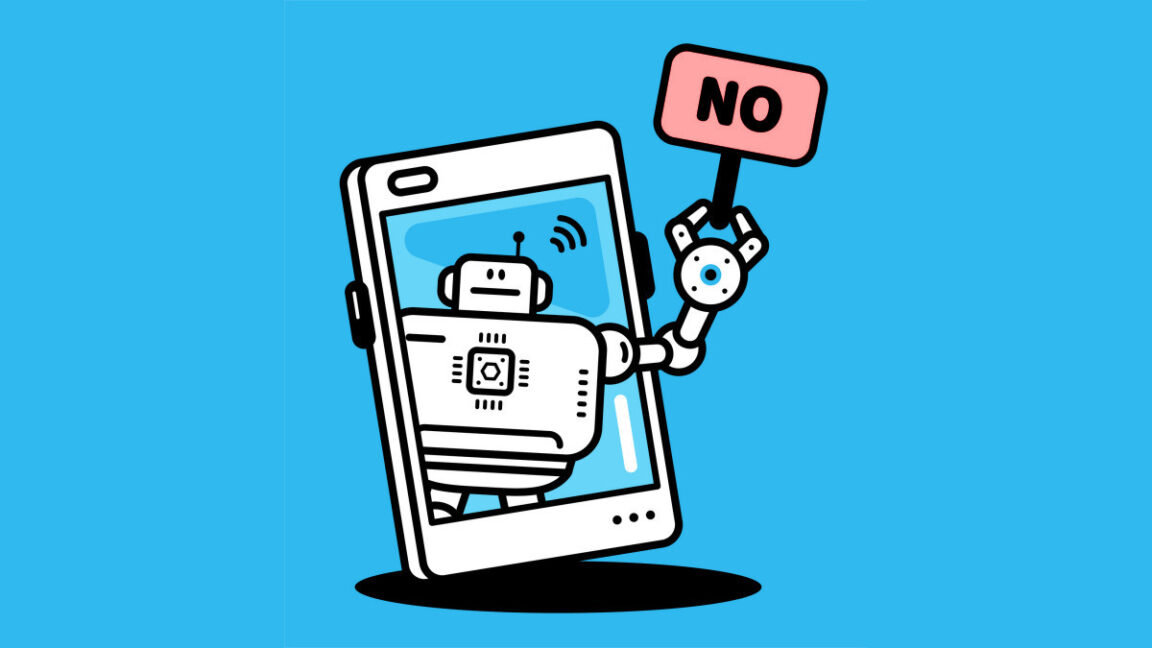Introduction to Facts and Misinformation
Facts aren’t dead. Recent findings about conspiracy theories demonstrate the persuasive power of facts and evidence. This emerging body of research shows that corrections and warning labels can reduce belief in, and sharing of, falsehoods. Even among those who distrust fact-checkers, evidence-based arguments can change partisans’ minds on political issues.
The Power of Facts and Evidence
Many studies consistently find that corrections reduce belief in falsehoods, even among those who most distrust the fact-checkers making the corrections. Similarly, evidence-based arguments can change partisans’ minds on political issues, even when they are actively reminded that the argument goes against their party leader’s position. Simply reminding people to think about whether content is accurate before they share it can substantially reduce the spread of misinformation.
Hope for Democracy
If facts aren’t dead, then there’s hope for democracy. However, this requires a consensus set of facts from which rival factions can work. While there is widespread partisan disagreement on basic facts and a disturbing level of belief in conspiracy theories, this doesn’t necessarily mean our minds are inescapably warped by our politics and identities. When faced with evidence, many people do shift their thinking in response.
Using Technology to Disseminate Accurate Information
It’s possible to disseminate accurate information widely enough, perhaps with the help of AI, to reestablish the factual common ground that is missing from society today. You can try a debunking bot yourself at debunkbot.com.
About the Authors
Thomas Costello is an assistant professor in social and decision sciences at Carnegie Mellon University. His research integrates psychology, political science, and human-computer interaction to examine where our viewpoints come from, how they differ from person to person, and why they change. Gordon Pennycook is the Dorothy and Ariz Mehta Faculty Leadership Fellow and associate professor of psychology at Cornell University. He examines the causes and consequences of analytic reasoning, exploring how intuitive versus deliberative thinking shapes decision-making. David Rand is a professor of information science, marketing and management communication, and psychology at Cornell University. He uses approaches from computational social science and cognitive science to explore how human-AI dialogue can correct inaccurate beliefs, why people share falsehoods, and how to reduce political polarization and promote cooperation.
Conclusion
In conclusion, facts are not dead, and there is hope for democracy. By using facts and evidence to correct misinformation, we can reduce the spread of falsehoods and promote a consensus set of facts. With the help of technology, such as AI-powered debunking bots, we can disseminate accurate information widely enough to reestablish the factual common ground that is missing from society today.
FAQs
- Q: Can facts really change people’s minds?
A: Yes, research shows that corrections and evidence-based arguments can change partisans’ minds on political issues. - Q: How can we reduce the spread of misinformation?
A: Simply reminding people to think about whether content is accurate before they share it can substantially reduce the spread of misinformation. - Q: Can technology help disseminate accurate information?
A: Yes, AI-powered debunking bots and other technologies can help disseminate accurate information widely enough to reestablish the factual common ground that is missing from society today. - Q: Who are the authors of this article?
A: The authors are Thomas Costello, Gordon Pennycook, and David Rand, all professors at reputable universities. - Q: What is the main point of this article?
A: The main point is that facts are not dead, and there is hope for democracy if we use facts and evidence to correct misinformation and promote a consensus set of facts.











